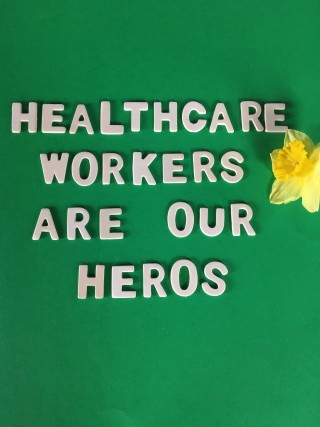Dealing with the Social Isolation of the Covid-19 Pandemic
"Sana has been in social isolation for 3 days and she's losing her mind. She wants to go outside, but she can't. Plus, the news keeps reporting scary things. Sana is scared and anxious".

As the coronavirus pandemic rages, it has become established that not all persons infected with the virus show symptoms. However, it’s still unclear what proportion of infected people is asymptomatic. In the study to evaluate the status of 249 frontline health workers in Tennessee USA, 8% tested positive using serology tests – that identify antibodies against the virus rather than test for the virus itself. This test, therefore, only tells that those with a positive result had the infection sometime prior to taking the test.
The study found that 42% of those that tested positive had no symptoms of a respiratory illness in the two months prior to taking the test. This not only suggests that front-line health workers were at high risk of the infection but also that many may not know that they have the illness at all, posing a health risk to others.
Read more here – https://news.vumc.org/2020/07/09/about-half-of-health-care-workers-positive-for-covid-19-by-serology-have-no-symptoms/
"Sana has been in social isolation for 3 days and she's losing her mind. She wants to go outside, but she can't. Plus, the news keeps reporting scary things. Sana is scared and anxious".
The world has been dealing with COVID-19 for nearly two years now; the media is filledCOVID-19 headlines and all the brouhaha it come with. But one thing we all already know is that the disease is killing many, and infecting even more So the question we all have been asking is: how do we reduce our risk of catching this infection?
